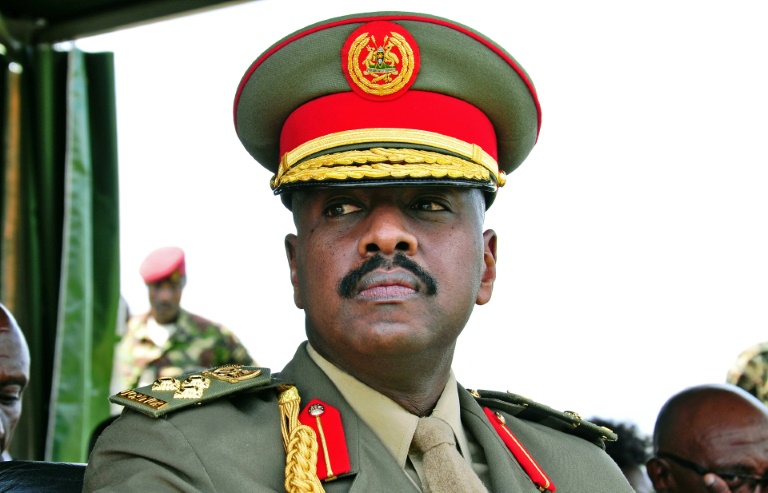Rwanda said Friday it would reopen its land border with Uganda next week after a three-year closure, a major breakthrough in repairing relations between the neighbours.
The move follows a visit to Kigali by Ugandan President Yoweri Museveni’s powerful son Muhoozi Kainerugaba last weekend, when he and Rwandan President Paul Kagame pledged to restore relations.
The border was abruptly closed in February 2019 as political tensions between Kigali and Kampala spiralled, with the two East African nations trading accusations of espionage, abductions and meddling.
Rwanda’s foreign ministry said in a statement that the main Gatuna border post, known as Katuna in Uganda, would reopen on January 31.
“The government of Rwanda remains committed to ongoing efforts to resolve pending issues between Rwanda and Uganda and believes that today’s announcement will contribute positively to the speedy normalisation of relations between the two countries,” it said.
The move was hailed by the African Union as a “positive step” towards normalising relations.
There was no immediate official statement from the Ugandan government.
But Kampala’s envoy to the UN, Adonia Ayebare — who is also Museveni’s most trusted foreign policy aide — said on Twitter: “This means a lot to people of both countries. Well done for this important step in restoring strong bilateral ties between the two countries.”
– ‘Roadblocks removed’ –
The border closure devastated two-way trade, which was dominated by exports from Uganda to its smaller neighbour.
“We can see the two governments are trying to create a new direction after a long standoff and a few roadblocks have been removed,” said Ugandan security analyst Fred Egesa.
Kainerugaba, the commander of Uganda’s land armed forces, is rumoured to be positioning himself as a possible successor to his 77-year-old father, who has ruled Uganda since 1986.
Museveni and Kagame were close allies in the 1980s and 1990s during struggles for power in their respective countries, but relations turned deeply hostile.
Rwanda abruptly closed its border with Uganda in 2019, accusing Uganda of abducting its citizens and supporting rebels seeking to topple Kagame.
Uganda in turn accused Rwanda of spying as well as killing two men during an incursion into Ugandan territory in 2019 — a claim Kigali denied.
Friday’s announcement follows a decision by Museveni on Tuesday to replace the country’s powerful intelligence chief, Major General Abel Kandiho.
Rwandan officials in recent years had accused Kandiho, who has been moved to a role as security envoy to South Sudan, of working with dissidents to kidnap Rwandan citizens in Uganda.
“For purposes of harmony between the two countries it was important Kandiho was deployed elsewhere,” analyst Egesa said.
The United States in December slapped sanctions on Kandiho, who had been the commander of the feared Chieftaincy of Military Intelligence since January 2017, accusing him and his office of involvement in human rights abuses including beatings, sexual assault and electrocution.
– ‘Smear campaign’ –
Talks to try to ease tensions between Kagame and Museveni were previously hosted by Angolan President Joao Lourenco and Congo leader Felix Tshisekedi, with the last such meeting taking place in February 2020.
No meeting has been held between the two leaders since, partly due to the Covid-19 pandemic.
Relations between the two countries also soured after an investigation last year found that Rwanda had used Israeli Pegasus spying software to hack into the phones of Uganda’s prime minister and foreign minister, among others.
Kigali dismissed the claims as part of a “smear campaign”.
Before the border closure, Ugandan exports to Rwanda — predominantly cement and food — totalled more than $211 million in 2018, according to World Bank figures, while Rwanda exported $13 million worth of goods to Uganda.
Trade tumbled in 2019, with the situation further exacerbated by the Covid crisis.
strs-txw/ri










